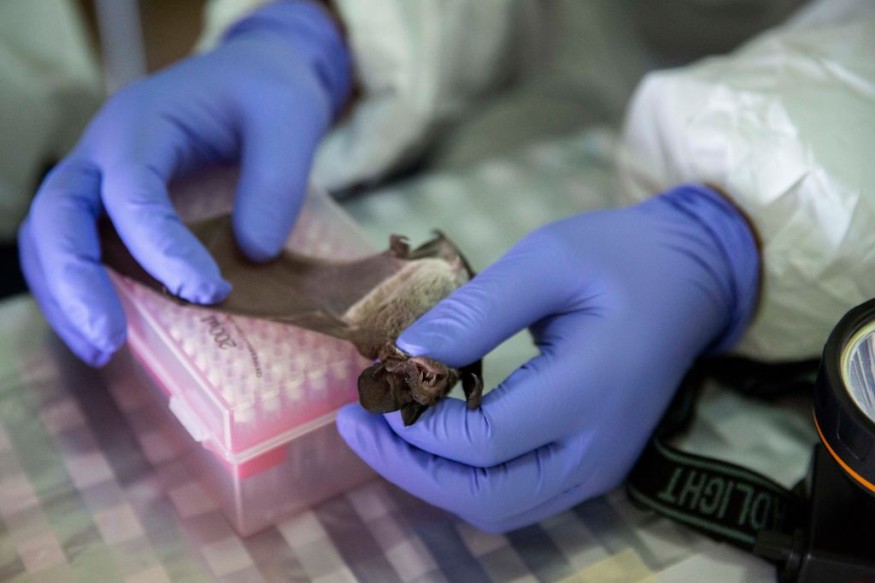Bats Carry Other Viruses That May Trigger Another Pandemic, Experts Warn

Bats are known to carry coronaviruses that can cross over to humans and infect the general population.
According to Chinese virologist Dr. Zheng-Li Shi of the Wuhan Institute of Virology, some of these coronaviruses are similar to the SARS-CoV-2, the virus responsible for the COVID-19.
Related story : Experts Suggest Novel Coronavirus Originated From Lab in Wuhan
Shi, who is dubbed as the "bat woman," said people should not only search for bats in China but also in other South Asian countries, as reported by Meaww.
She noted that they think these viruses have a high risk of interspecies transmission to humans. Shi was nicknamed as "bat woman" as her research group focuses on the study of bat coronaviruses.
Shi issued the statements at a recent webinar during a joint session of the National Academy of Medicine with the Veterinary Academy of France.
Her comments were released as the World Health Organization (WHO) continues to probe the pandemic's origin.
COVID-19 Pandemic
Coronaviruses are a large family of viruses that can infect people and cause illness. These coronaviruses are 29E (alpha coronavirus), NL63 (alpha coronavirus), OC43 (beta coronavirus), and HKU1 (beta coronavirus), according to the U.S. Centers for Disease Control and Prevention (CDC).
Other strains of coronaviruses are MERS-CoV (the beta coronavirus that causes Middle East Respiratory Syndrome or MERS), SARS-CoV (the beta coronavirus that causes SARS), and SARS-CoV-2 (the novel coronavirus).
Some scientists have earlier said it is likely that the COVID-19 strain was passed from bats to a mystery animal species. The species then passed it on to humans.
Shi believes that the virus jumped from an intermediary host animal to humans. However, it is not clear how SARS-CoV-2 might have been circulating in an animal or humans before it was detected in December last year in Wuhan, China.
Shi noted that the said coronavirus could have been in humans or animals for a long time. Shi and other authors recommended the continued observation of this group of viruses in bats that is needed to prevent the next SARS-like disease.
In their study, they revealed that a Chinese horseshoe bat is a natural host of coronaviruses. Shi and other scientists also found that different horseshoe bats' species live in a single cave in China's Yunnan Province.
They added that COVID-19 might have come from initially in horseshoe bats and likely evolved in Yunnan Province. However, the researchers added that origin, elsewhere in Southeast Asia outside China, could not be ruled out.
The researchers noted that the emergence of SARS-CoV-2 highlights the importance of bat-origin coronaviruses to global health.
Researchers added that understanding the origin of these species' transmission is a high priority for pandemic preparedness.
"Because intensive sampling has not, to our knowledge, been undertaken in countries bordering southern China, these surveys should be extended to include Myanmar, Lao PDR, and Vietnam, and perhaps across southeast Asia," the researchers concluded in their study.
Subscribe to Latin Post!
Sign up for our free newsletter for the Latest coverage!
















